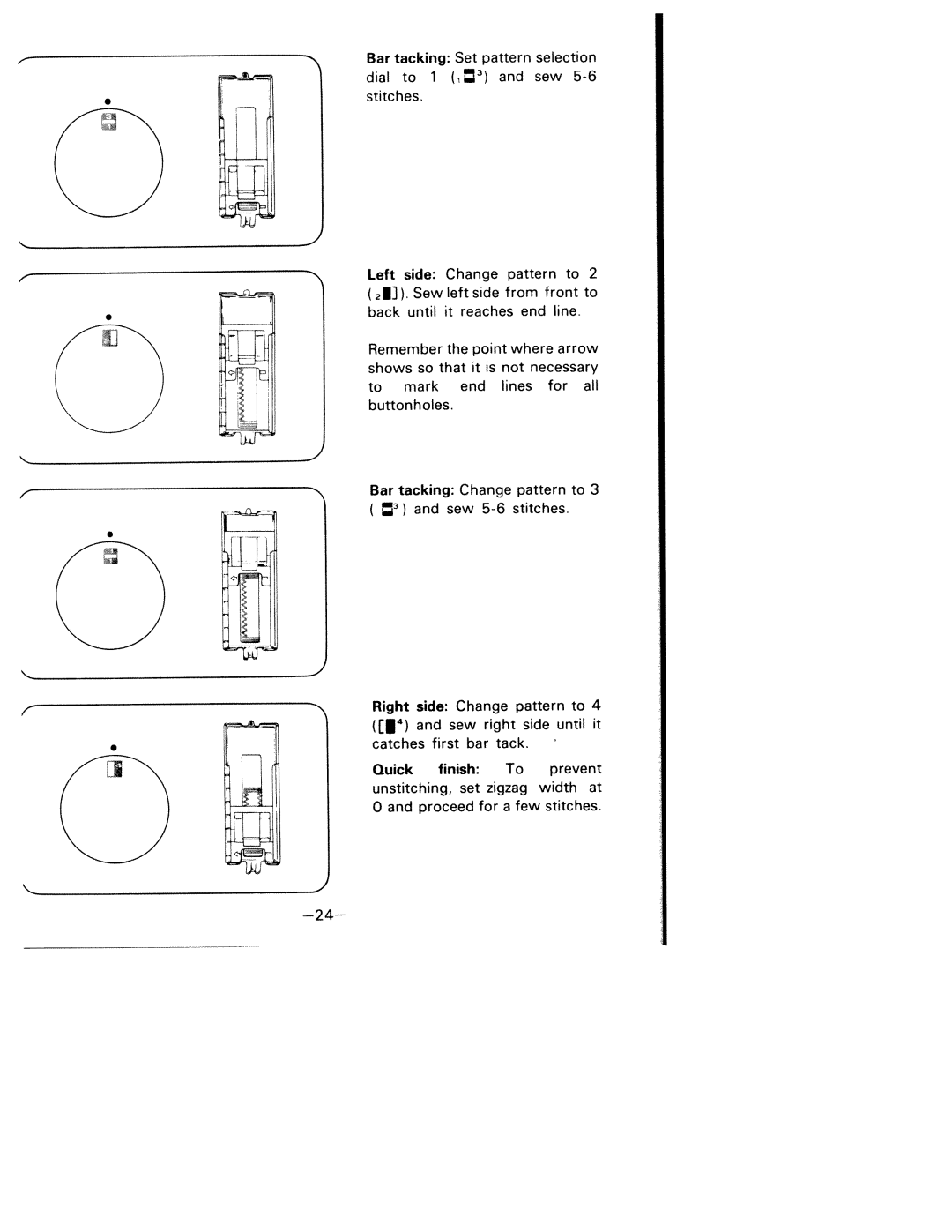1927 specifications
White 1927 is a significant automotive creation that represents the blend of innovation and classic design during its era. Launched by the White Motor Company, this vehicle encapsulates the burgeoning technological advancements of the late 1920s, accompanied by an aesthetic that embodies the spirit of the time.One of the most notable features of the White 1927 is its robust engine. The vehicle is powered by a straight-six engine that delivers a smooth and powerful performance, a hallmark of the White brand's commitment to engineering excellence. This engine design allowed for greater reliability and efficiency, making the car not only a pleasure to drive but also dependable for long distances.
Technologically, the White 1927 introduced several key advancements that were forward-thinking for its time. The car was equipped with an advanced suspension system that improved ride quality and handling, offering greater comfort for both the driver and passengers. Additionally, the braking system featured hydraulic brakes, which provided enhanced stopping power compared to the mechanical systems commonly found in vehicles of that era. This technological leap contributed to the overall safety and performance of the vehicle, making it a desirable choice among consumers.
The aesthetics of the White 1927 are equally noteworthy. It boasts a distinctive body design that reflects the art and elegance of the late 1920s, with graceful lines and a streamlined silhouette. The vehicle was often available in various color options, allowing owners to express their individual style. The interior of the White 1927 was designed with a focus on luxury, featuring high-quality materials and upholstery that provided a sophisticated ambiance.
In terms of dimensions, the White 1927 offered ample space, catering to the needs of families and travelers. Its spacious cabin allowed for comfortable seating and storage, affirming its reputation as a versatile vehicle.
Overall, the White 1927 stands as a testament to the automotive advancements of its time, marked by a powerful engine, innovative technologies, and elegant design. The blend of these characteristics not only made it a popular choice among drivers but also solidified its legacy in the history of automotive engineering. The 1927 model remains a cherished classic, celebrated by enthusiasts for its timeless appeal and historical significance in the evolution of the automobile.

